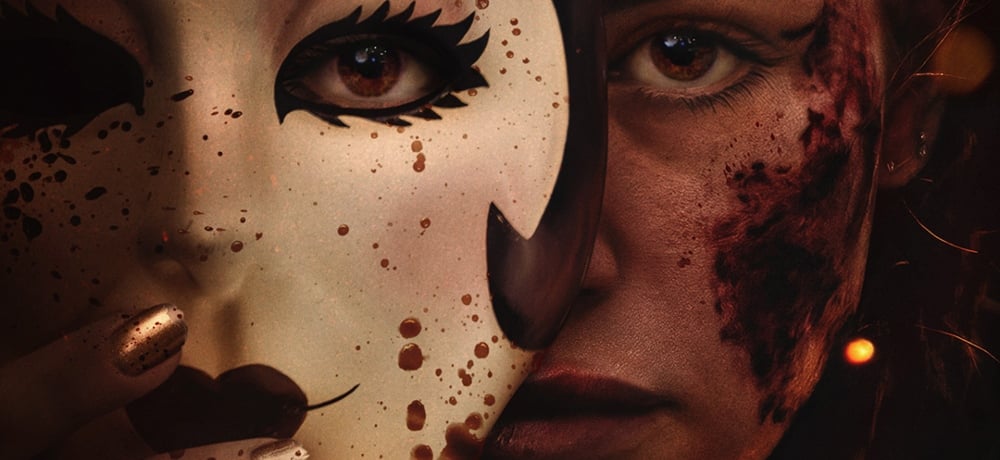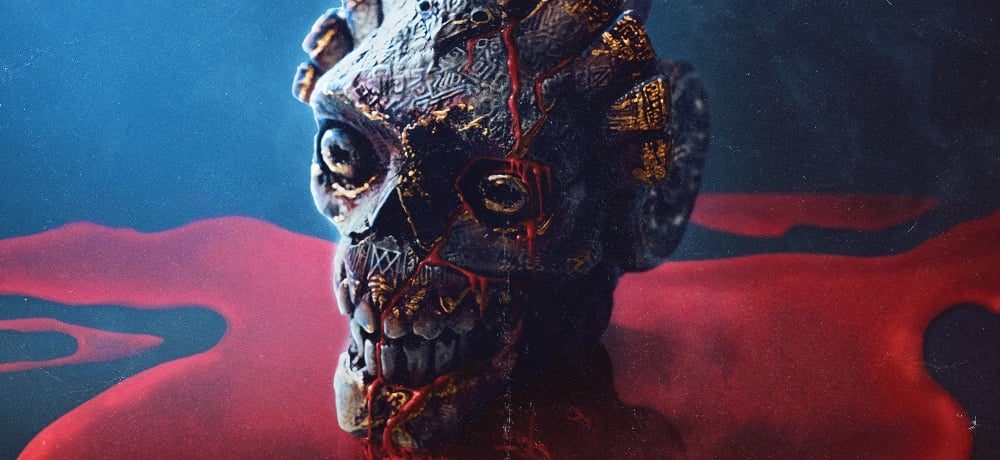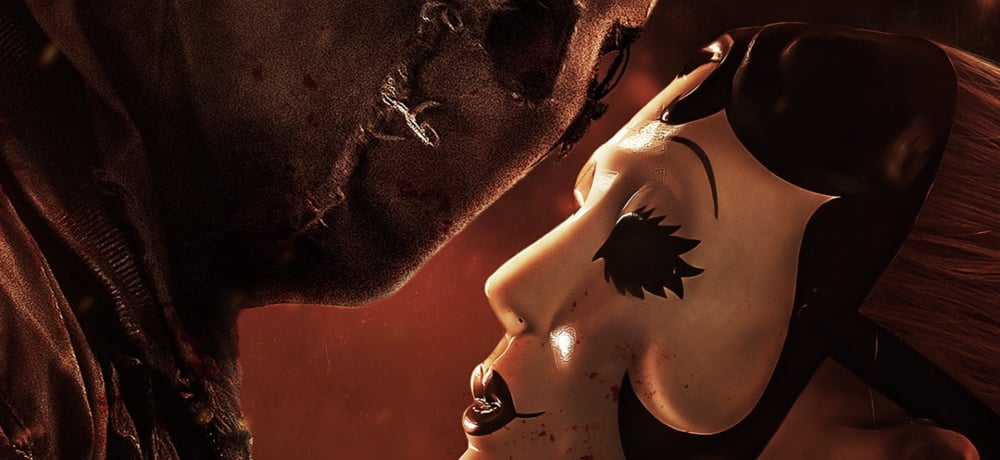





A lot of great TV horror movies rely on a final image, a real shocker, to hammer home the fear. But not all of them. When Michael Calls (1972) is a telefilm that measures out its chills, leading to a logical conclusion (for a small screen sinner) instead of an iconic screen shot for nostalgic viewers. Regardless, this one provides a platform for a solid thriller with a pedigree behind and in front of the camera.
Originally broadcast on Saturday, February 5th, as the ABC Movie of the Weekend, When Michael Calls had the normal competition from CBS’ New Dick Van Dyke Show/Mary Tyler Moore Show and NBC’s Saturday Night at the Movies. But ABC’s Movies of the Week (on Tuesday’s, and here) almost always won out with viewers, providing exciting, original fare. This one is no exception.
Let’s crack open our fair weathered faux TV GUIDE and see what’s in store:
WHEN MICHAEL CALLS (Saturday, 8:30pm, ABC)
A woman starts to receive phone calls from her nephew. The only problem is he died 15 years earlier. Elizabeth Ashley, Ben Gazzara star.
Helen (Ashley – Coma) lives on a ranch with her daughter Peggy (Karen Pearson – Tom Sawyer), and shares custody with her ex-husband, Doremus (Gazzara – Road House). Her nephew Craig (Michael Douglas – The Game) is a psychologist at the nearby institute for troubled youths. Life seems ideal until one day Helen begins to receive phone calls from her other nephew, Craig’s brother Michael, who allegedly died in a snowstorm 15 years prior, after the boys were left in Helen’s care. Except the voice is of Michael as a boy, not as he would sound now – and he’s frightened and angry that Helen has left him alone. Before long, people associated with the family from that time begin to die mysterious deaths; perhaps Michael has returned for revenge?
Based on the 1967 novel by John Farris (The Fury), When Michael Calls sets up its main motif within the first few minutes. After introducing most of the main players, Helen, Doremus, Peggy, and family friends, Helen receives her first phone call from the boy claiming to be Michael. It’s a high, sorrowful voice, seemingly stunted by time; it has a haunting, disconnected tone but is full of details that very few people know. The voice begs to know of Helen (or as he calls her, “Auntie my Helen” – bizarre, and creepy) why she left him to die, and even point blank asks her, “Am I dead?” The central fear in the telefilm is the dread of what the next phone call from beyond will bring – and whether or not it will manifest itself in the real world. And lest you think it’s only a phantom voice haunting Helen, a little boy who looks a lot like Michael appears through fog and behind windows; a ghostly specter that couldn’t possibly be Michael. Or could it?
Director Phillip Leacock was a TV vet when he was brought aboard; his work on Gunsmoke, Rawhide, and The Mod Squad taught him to keep things moving – episodic TV contains so many of the same elements week in and week out that pacing is sometimes the only way to stand out. And When Michael Calls is very well paced; so much so that you don’t really have a lot of time to question certain actions or ulterior motives until it’s over. He also gets good performances from Ashley, Gazzara, and especially Douglas. He made this right before he exploded on The Streets of San Francisco (’72-’76), and he shows a few different shades as Craig, while still remaining quite likeable.
A lot of the credit should go to writer James Bridges for his smart adaptation of Farris’ work. Bridges would of course later achieve fame as the writer/director of The Paper Chase, The China Syndrome, Urban Cowboy, and others, and succeeds in throwing as much meat on the bones as 73 minutes will allow (87 minutes when Fox rebroadcast it) by fashioning likeable characters and sweeping the viewer along, even as questions arise. And they will. But he knows what works here; the phone calls, the relationships, and the mystery. Will you solve it before the characters do? Undoubtedly, but it’s still a fun journey.
When Michael Calls works because the filmmakers play to the strengths of the premise and the promise of the cast. It’s certainly not groundbreaking, but there’s nothing wrong with a simple story, well told. Just be thankful for Caller ID; other than bill collectors I’m sure we all have one or two people from our past we’re in no rush to see again.
Next: It Came From The Tube: SUMMER OF FEAR (1978)